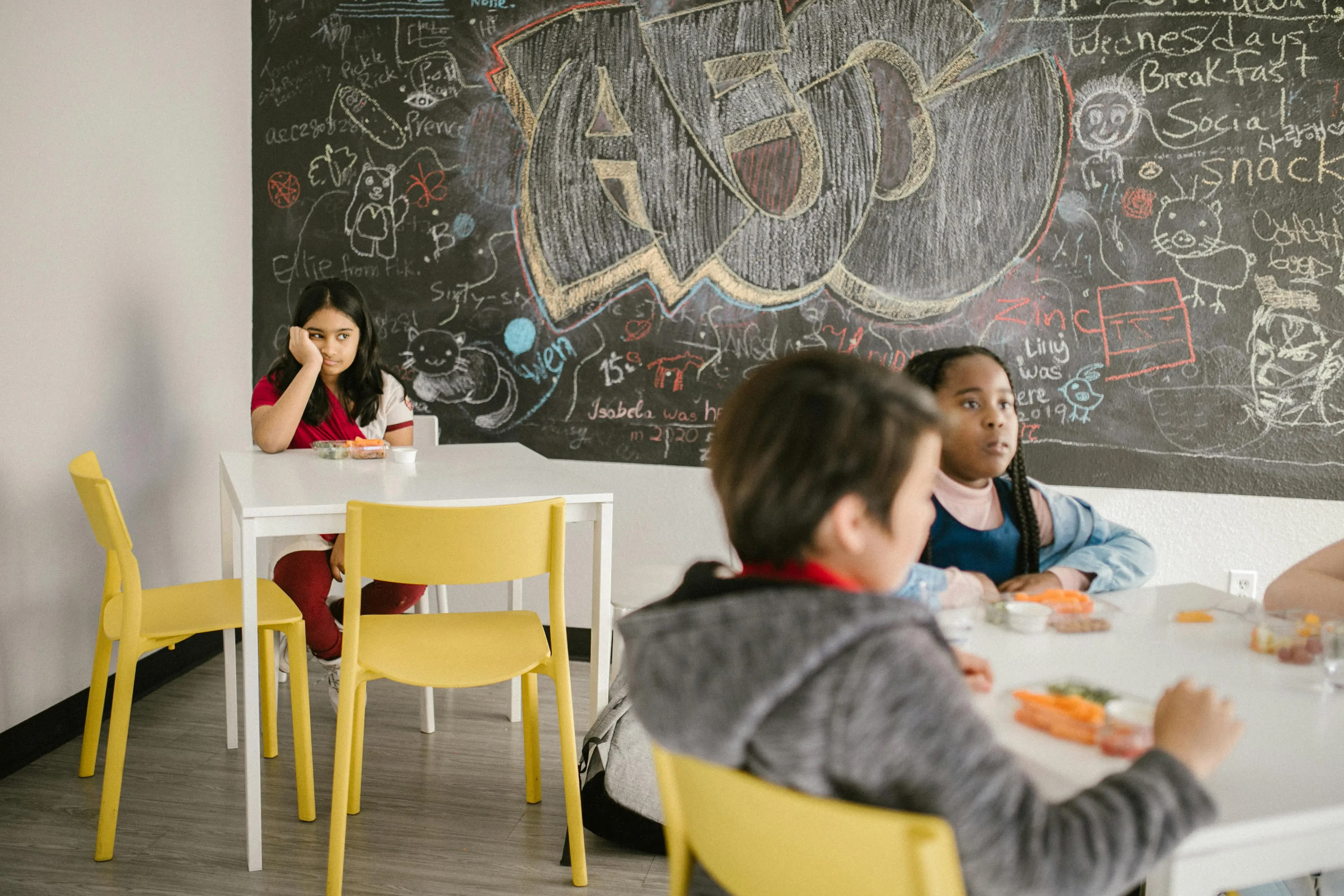From Thanksgiving to New Year's Eve, the holidays often bring joy and togetherness, but for anyone living with attention deficit hyperactivity disorder (ADHD), it can also bring challenges. Disruptions in routines, sleep schedules, diet, and family stresses can exacerbate ADHD symptoms. However, with some planning and self-care, the holidays can still be a wonderful time.

Understanding ADHD and the Holidays
The holidays involve many ADHD trigger factors:
- Changes in schedules and routines
- Disrupted sleep patterns from parties, traveling, excitement
- Unhealthy holiday eating with more sugar, carbs, and irregular meals
- Family tensions and conflicts
- Overstimulation from social gatherings and events
- Pressure to overspend or overcommit
These disruptions tap into the executive functioning and emotional regulation challenges those with ADHD often experience. The holidays require organization, time management, emotional control, and resisting impulses - skills that are naturally difficult for those with ADHD.
While medication and therapy help manage symptoms, added holiday stressors can still heighten distractibility, impulsiveness, emotional sensitivity, and restlessness. Therapy, specifically a psychodynamic approach, examines how past relationship dynamics and inner conflicts get stirred up amid these stressors, while mindfulness and behavioral therapy can bring awareness that reduces blind reacting to these triggers.
Strategies for Managing ADHD During the Holidays
The good news is with preparation and self-care, the holidays can be fun and meaningful. Here are some tips:
Plan Ahead
Holiday planning taps into weaknesses with organization and time blindness. Make detailed schedules mapping out gifts, events, travel, meals, budgets, and family time. Break bigger tasks down into smaller steps. Apps like Cozi and Any.do can help with planning. Build in routine anchor points like exercise or meditation to ground each day.
Set Boundaries
The holidays often demand more than one can handle. Those with ADHD already juggle many responsibilities and need downtime to recharge. Saying “no” prevents burnout and sensory overload. Be choosy about events, limit visitors, and take time outs when needed. Communicate needs clearly and ask for support.
Establish Holiday Routines
Routines reduce stress, yet holidays disrupt normal patterns. Set new temporary routines around sleep, meals, exercise, work, and household tasks to add structure amid chaos. Routines might include:
- Regular bed and wake times
- Getting outside daily
- Setting mealtimes and grocery planning
- Blocking work time and chores
- Daily downtime for yourself
Repeating rituals like decorating, baking, or watching favorite films can also ground the season.
Avoid Holiday Pitfalls
Being aware of personal ADHD pitfalls helps one avoid them. Common traps include:
- Overspending on gifts, food, decor
- Committing to too many social events
- Eating too many sugar and carb-loaded treats
- Excessive drinking due to family tensions
- Forgetting to buy gifts, RSVP, or prepare for events
- Household disorganization and clutter
Make budgets, limit socializing, watch the unhealthy food, and use planners and lists to stay focused and on track. Say no to added commitments that contribute to overload.
Practice Self-Care
The holidays deplete mental and physical energy. Replenish inner reserves through self-care practices like:
Physical Self-Care
- Getting exercise and spending time outdoors
- Eating nutritious holiday meals
- Practicing good sleep habits
- Taking time outs from people
Emotional Self-Care
- Making time for activities you enjoy
- Setting boundaries around family interactions
- Socializing with supportive friends
- Doing calming practices like yoga, deep breathing, meditation
Mental Self-Care
- Organizing and decluttering to create order
- Reading books unrelated to the holidays
- Listening to music
- Saying no to extra tasks
Adding in simple self-care rituals prevents burnout.
Embracing the Holidays with ADHD
The holidays stir up challenges for those with ADHD but with the right perspective and preparation, they can also be more enjoyable and meaningful. Focus on traditions and activities that connect you to what matters - not the commercial frenzy. Simplify obligations and schedules where possible. Ask for help and communicate your needs. Engage your strengths like creativity and passion for life. Most importantly, be compassionate with yourself when stress arises. With self-acceptance and preparation, you can reduce stress in improve connectivity this holiday season.
Frequently Asked Questions about ADHD and the Holidays
Struggling to manage your ADHD during the hectic holiday season? Here are answers to some common questions:
How do I stick to healthy routines when traveling or staying with family?
- Prepare healthy snacks and meals to bring with you.
- Pack any medications, supplements, or items that help you sleep.
- Politely communicate your needs - ask for a quiet room or explain your morning routine.
- Wake up early to exercise, meditate, or follow routines before others awaken.
How do I manage the overstimulation of family events?
- Take frequent breaks to calm yourself in a quiet space.
- Wear noise-canceling headphones or listen to music when you need to retreat inward.
- Ask a close family member to check in and be your ally.
- Leave early or skip events if you become overly overwhelmed.
How do I stick to my budget with gift shopping and indulgent food?
- Make a gift list with a spending cap per person.
- Buy any food treats in small portions instead of bulk packages.
- Focus your budget on experiences instead of material gifts.
- Suggest non-food focused activities with family and friends.
How do I handle the tension or conflict with certain family members?
- Set clear boundaries for the length and location of visits.
- Have an exit strategy ready if tensions rise.
- Ask a mediator family member to intervene if needed.
- Plan calming practices ahead of time like exercise or alone time.
How do I prepare when hosting holiday meals or parties?
- Make detailed schedules, budgets, grocery lists and guest lists.
- Buy supplies and prepare food ahead of time.
- Clean and declutter your home in advance to minimize overwhelm.
- Remind yourself this event is temporary and will pass.
- Build in recovery time after.
What if I forget to do something important like buy gifts or RSVP?
- Add all holiday tasks and events into planners with reminders.
- Assign a family member to help double check your planner and remind you.
- Shop early for gifts allowing extra cushion time.
- Make RSVPs immediately before you forget.
- But go easy on yourself - some things will slip through!





